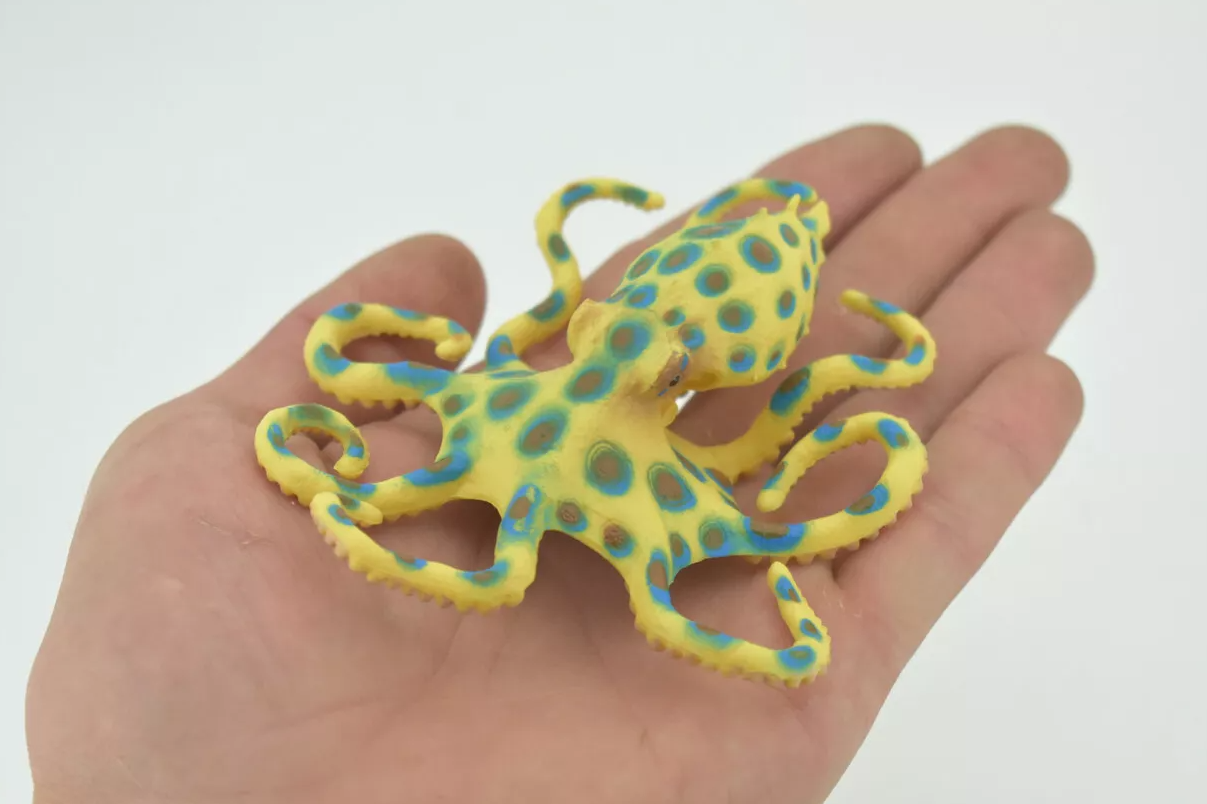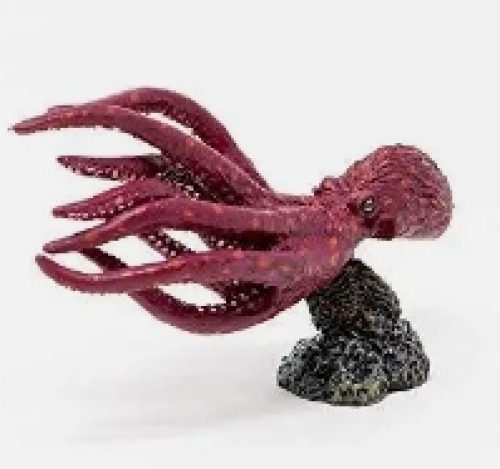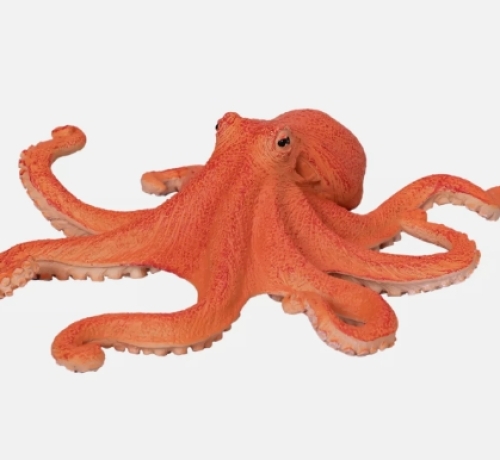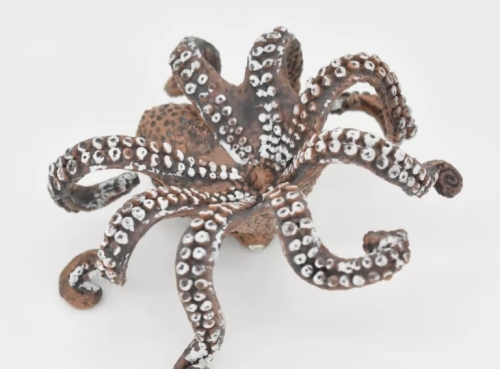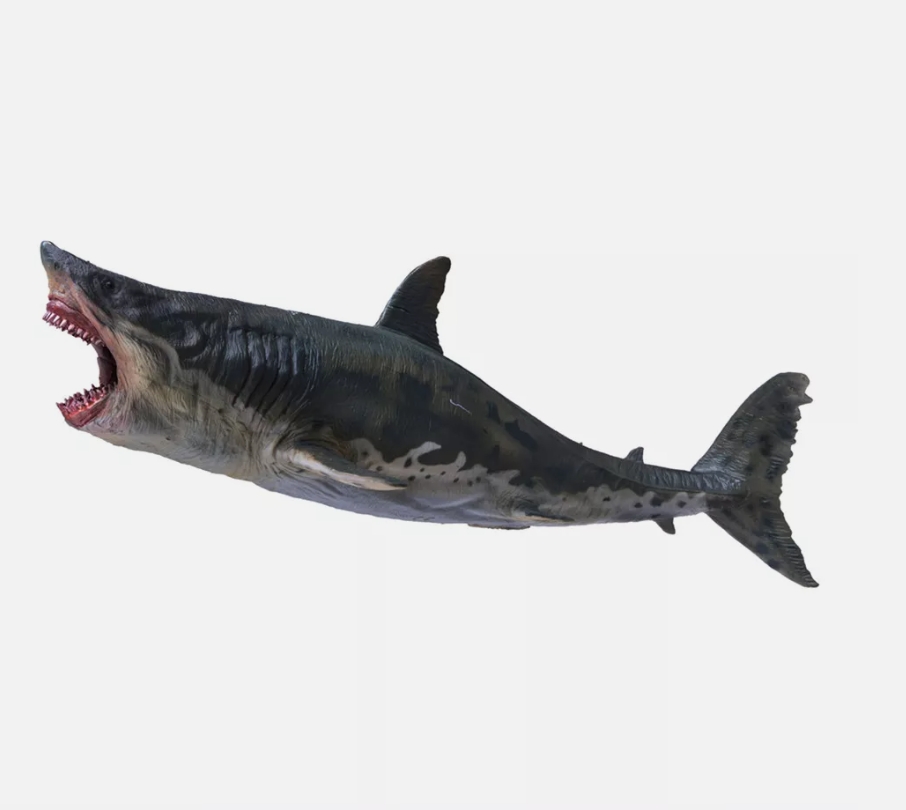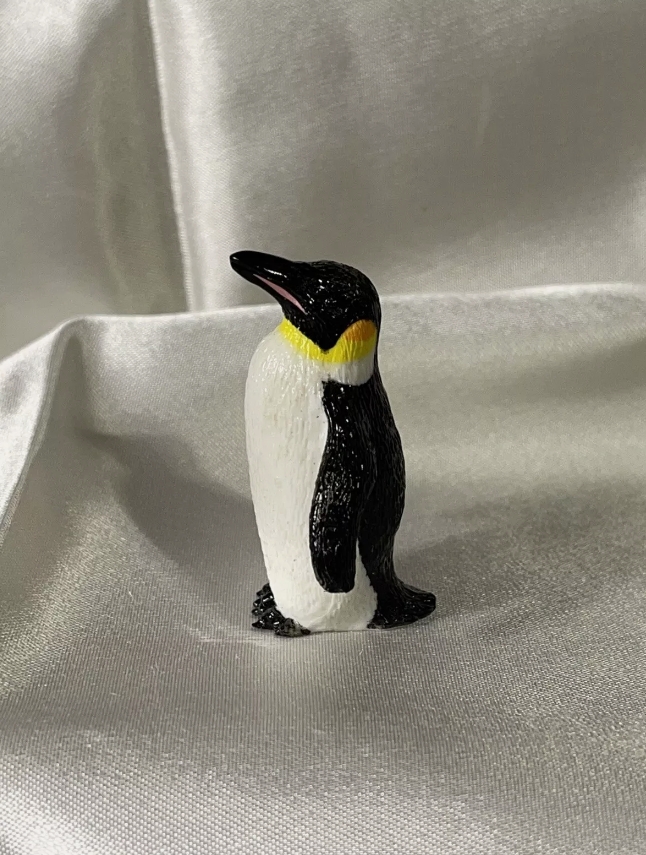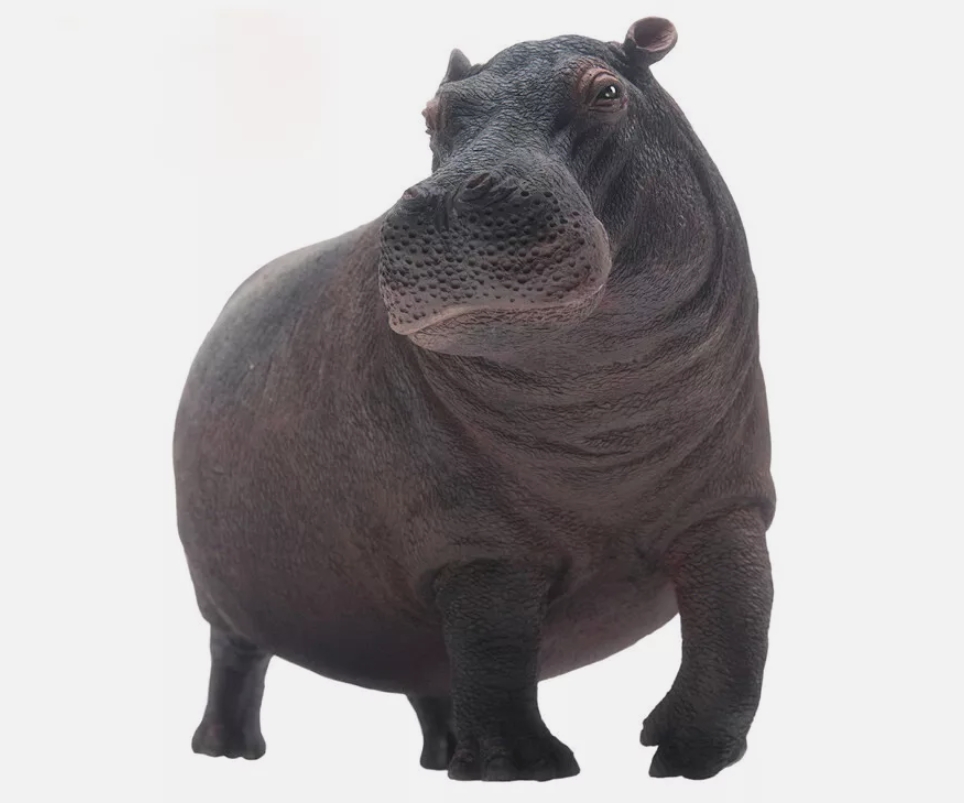The Octopus (Octopus spp.) is a highly intelligent mollusc of the ocean, known for its unique physiological structure and complex behavior. The octopus has eight flexible arms, each of which is covered with sensitive suckers, allowing it to catch prey, explore its environment and avoid predators. The octopus's nervous system is very developed, in addition to the brain, there are autonomic neurons in the touch arm, so that its touch arm can operate independently to a certain extent.
In terms of adaptability, octopuses have demonstrated an amazing ability to camouflage. They are able to blend in with their surroundings by changing the color and texture of their skin and evade predators. In addition, the octopus can release ink when in danger to confuse enemies and quickly escape. These unique survival strategies allow octopuses to play an important role in diverse Marine ecosystems.
Studying the behavioral and physiological mechanisms of octopuses is important for understanding the evolution, neuroscience, and biological adaptation of animal intelligence, and also provides important implications for Marine conservation and ecological management. Octopuses are not only representative of the wonders of the ocean, but also an important component of biodiversity.

